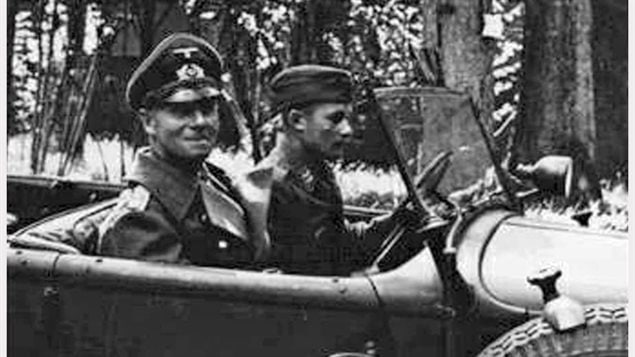Eighty years ago Field Marshal Rommel falls victim to a chance air attack

Labour MPs abstained en masse in the vote on the Town and Country Planning Bill which had become deeply controversial. They had two principal obections to the Bill. Most important, they objected to the lack of provision for full nationalisation of land. Secondly, and more obscurely, the provision to compensate owners of property taken into state ownership at 1939 values was held to favour owners in areas where property values had actually fallen. The Conservatives were also unhappy that exceptions to rules applied only to occupiers of residential properties and agricultural holdings.
On a less contentious topic, the government was looking forward to the dismantlement of the massive military infrastructure and armed forces built up for the war. It published a White Paper on the disposal of war surplus stores. The key aim was to avoid a repetition of the chaotic and wasteful process at the end of the First World War which had made fortunes for many speculators and insiders.
Field Marshal Rommel, who was commanding the German forces in Normandy, was severely injured when his staff car was shot up by an RAF Spitfire as a chance target of opportunity. The identity of the pilot has been disputed but the Canadian Charley Fox has been officially credited with the attack by the (Canadian) authorities. Unaware of this, a six-man British special forces team was parachuted into the Orleans area with the intention of killing or kidnapping the Field Marshal. Operation Gaff was the second operation to target Rommel personally; Operation Flipper, better known as the Keyes raid had made an attempt in 1941.


Comments
Post a Comment